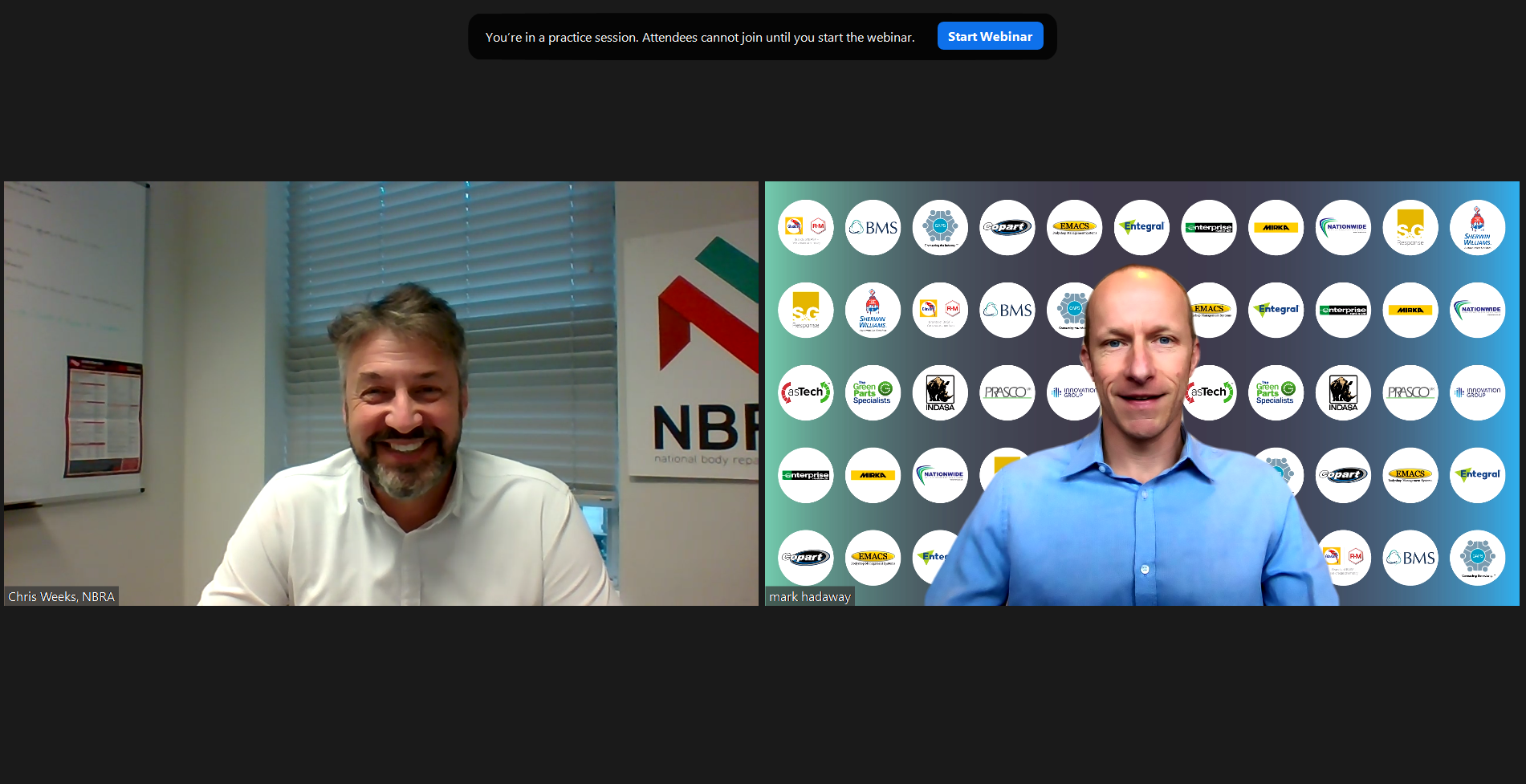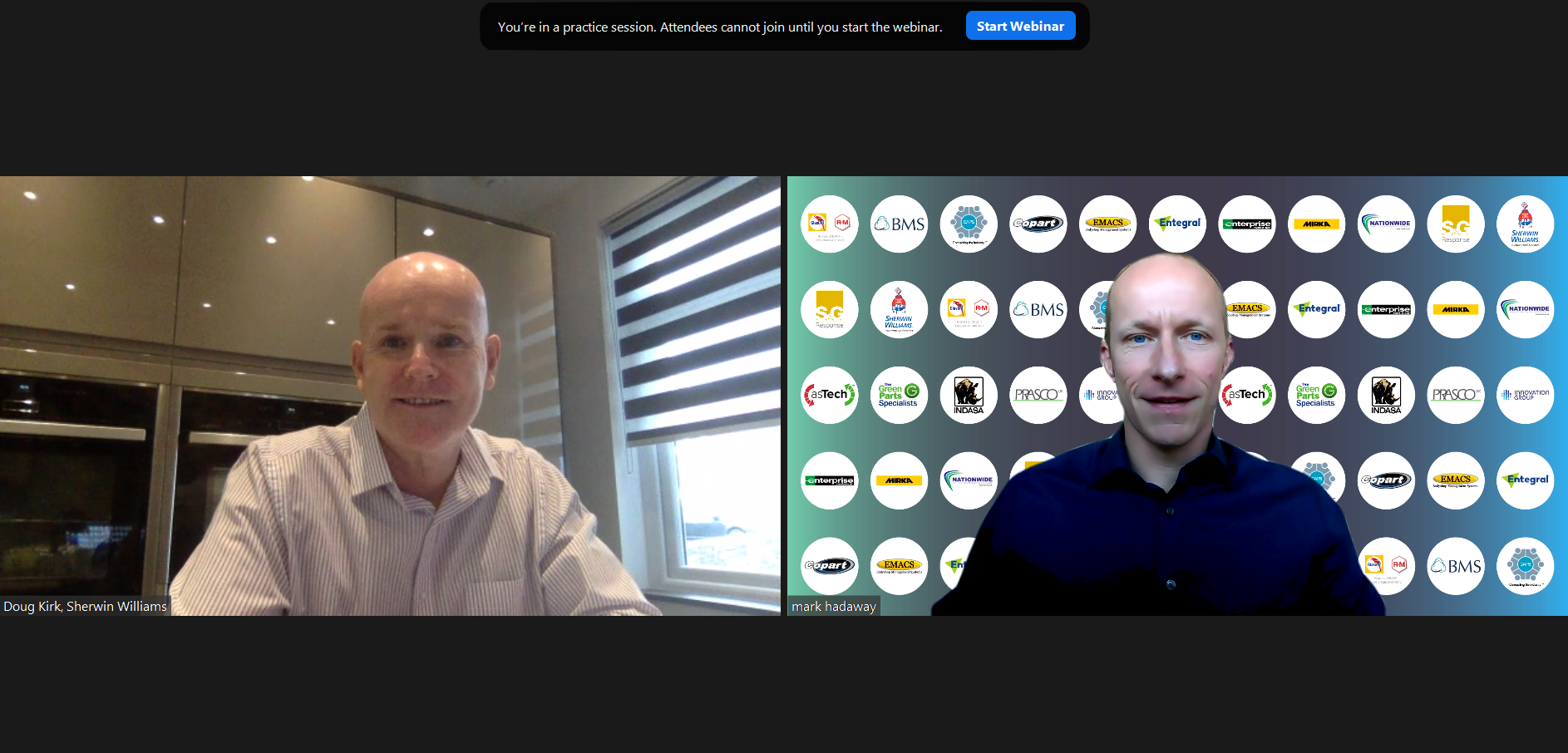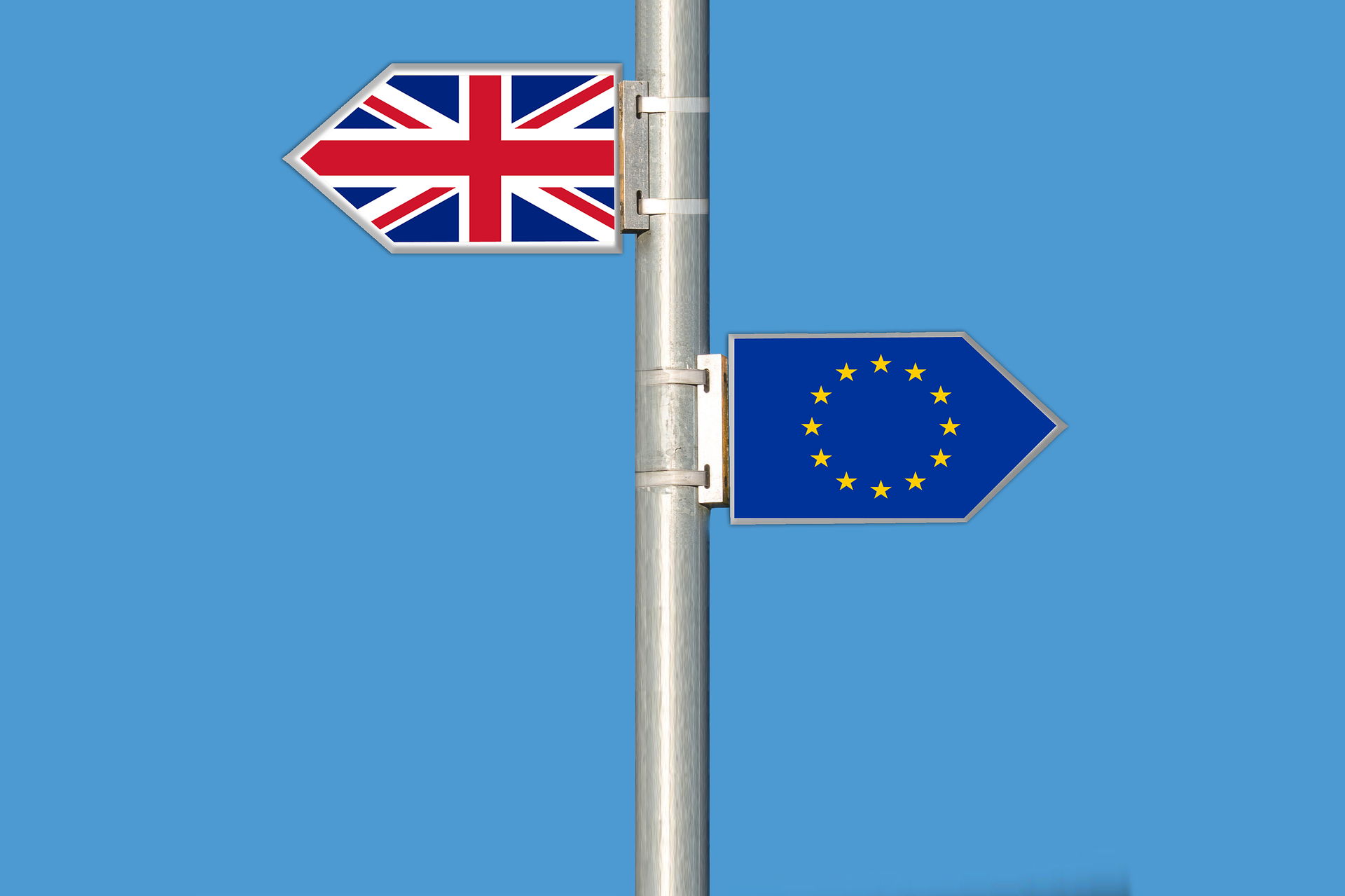It’s not likely anyone who voted for Brexit in June 2016 could have envisioned what has transpired since then in terms of resistance, delays and uncertainty. That is not to say it was a bad decision, only that the decision has been badly acted upon by all sides.
It seems now that we are finally approaching some sort of resolution – 15 October was meant to be the final day of negotiations with the UK committing to World Trade Organisation rules come 2021 if no deal had been agreed by then.
That deadline, like so many before it, came and went without a decisive outcome. But the indecision can’t last much longer – on 1 January the UK will have officially left the EU with or without a deal.
Consequences
Many within the automotive industry, both in the UK and Europe, fear the consequences of such a split. They suggest the international ecosystem around building and selling cars means the sector is more exposed than most others.
The UK’s trade body, the Society of Motor Manufacturers, has long urged the government to negotiate a trade deal that doesn’t impact the current rules regarding tariffs, regulations and the free movement of people and parts – essentially, a deal that preserves the status quo.
The SMMT has long stood by its five priorities for the UK/EU trade agreement:
- Tariffs and rules of origin – The UK and the EU should agree a deal that guarantees tariff free trade in automotive.
- Regulatory Provisions – The UK and EU should agree a new framework for regulatory cooperation and dialogue in relation to automotive.
- Customs – The UK and EU should agree to the most comprehensive and deepest level of cooperation in relation to customs, with the objective of minimising delays and disruption on both sides of the border.
- People – The UK and EU should agree provisions that ensure that vehicle manufacturers and suppliers can move staff between sites in the UK and the EU without any unnecessary restriction, delay or cost.
- Third Country Trade – The UK should ensure that preferential trade with third countries continues without any disruption after a deal with the EU is agreed.
The facts
To understand the value of these points, it’s worth highlighting a few figures: more than 10% of the UK automotive workforce comes from the EU; Honda has calculated that just a 15-minute delay in the supply chain could cost them as much as £850,000 a year , while the SMMT’s own analysis claims that EU tariffs on cars could add £2.7bn to imports and £1.8bn or exports – on a pan-European scale, a no deal Brexit is estimated to cost the sector €110bn over five years, putting one is six of the 14.6 million jobs at risk.
Mike Hawes, SMMT chief executive, said, “As the UK-EU FTA negotiations enter the endgame, now is the time for both sides to deliver on promises to safeguard the automotive industry. Securing a deal is absolutely critical but it cannot be any deal. To work for UK Automotive it must deliver for UK products and that means securing the right terms and conditions that allow our exports – now and in the future – to be zero tariff and zero quota trade. A deal that failed to achieve this would be the equivalent to no deal at all, devastating jobs and slamming the brakes on the UK’s ambitions to be a world leading manufacturer and market for electrified mobility and battery technologies.”
Repairers
But while the large-scale changes brought about by Brexit will obviously filter down to bodyshops, for many it is an issue that has disappeared off the radar in recent months. Faced with more pressing issues as a result of the Covid-19 pandemic, repairers have not had the time or energy to concern themselves with every twist and turn of negotiations. In fact, an ARC360 poll in October found that just one in five regarded it as high priority, with most describing it as medium (40%) or low (36%).
And in truth, very little has changed in the last year. Disruptions to the supply chain was the main worry then and it still is now, with delays in parts sending costs spiralling.
Paul Cunningham, commercial director, Fix Auto Dagenham, said, ‘We need the parts when we need them. Ultimately, that’s all we are worried about. If there are delays getting parts and we have cars sitting on site for longer and longer then our costs go up, our key-to-key times go up, and we’ll have people in courtesy cars for ages.
‘We can try reduce repair times with right-first-time-estimating and not bringing cars on site until they’re ready to shoot through the system, and we can try reduce costs in other ways but we’ve been doing that for years and there’s not a lot of meat left on the bone. We need to negotiate those expected costs down – especially around mobility.’
Disruption
Even if there is a deal there remains a potential for such disruption; predictions vary wildly about how Brexit will increase congestion at borders and ports. But it seems likely the risk of a negative impact on parts procurement from the EU increases with a no-deal. The NBRA has been raising these concerns with government and is lobbying for support packages to offset greater costs that might arise as result of a no-deal.
Director Chris Weeks said, ‘The worst-case scenario would be a very messy no-deal with the EU leading to bad feeling and blockades of parts. This would effectively starve parts supply meaning repairs could not be completed starving repairers of revenue. Of course, we have just had that happen through Covid-19 albeit with the government stepping in with aid to cover people costs and interruption loans. Without similar support this would be almost terminal for most repairers already barely surviving the aftermath of a global pandemic.’
Suppliers
The strategy that was applied across the board before the last Brexit deadline is still valid for suppliers now, namely, stockpiling. Suppliers from all sectors are filling their warehouses with inventory to ensure that any delays are mitigated. Prasco UK, which imports mainly from the Far East, has half a million tonnes of product on the water at any one time now as preparations ramp up, and has also broadened its range, while GB Refinish has adopted a similar approach.
Founder and owner John Barclay said, ‘Ideally we’d like a smooth transition but my best guess is that there will be a slowing down in supply. But it’s impossible to know what will happen and when there is uncertainty there is fear so I don’t think this is scaremongering.
‘Actually, the paint companies we’ve been dealing with have been very measured and responsible. We’ve been encouraged to forward-buy and that’s what we’re doing. We’re making sure we’ve got as much stock as we can physically squeeze into our premises and elsewhere.
‘It’s true that a distributor adds value in many ways, but what are you if you’ve not got any stock? You’re not much good if you’ve not got a tin of paint on the shelf.’
- The automotive industry produced 1,055,997 cars in 2019
- That accounts for one tenth of all UK manufacturing
- Four in five vehicles in the UK are made for export, with 54.8% going to the EU
- WTO tariffs are 22% for vans and trucks, 10% for cars and about 4.5% for car components
VMs
Possibly those with the most to lose are the vehicle manufacturers themselves, because it now seems possible that regardless of the outcome of negotiations, some car makers should prepare for a 10% hike in tariffs on 1 January, 2021.
The reason for this is because a trade deal would apply only to products made in Britain or EU. However, the global nature of the car industry means that many models include so many components from outside these areas that they would be regarded as ‘foreign’, and therefore subject to tariffs.
This is called the rule of origin. In most trade deals it is set somewhere between 55 and 60% of the end product. However, UK-produced components make up only about 20-25% of the majority of cars produced in the UK. Japanese manufacturers such as Nissan, Honda and Toyota are most at risk, after a UK request to exempt Japan from these regulations was rejected by the EU.
UK Brexit negotiator David Frost told the Society of Motor Manufacturers, ‘The commission has made clear that it will not agree third-country cumulation in any circumstances, which we regret, but obviously cannot insist upon.’
Fine margins
Nissan might be able to find a way around this through its Alliance with French-based Renault, thereby protecting the future of its Sunderland plant, and Honda is exiting the UK next year anywhere so won’t be affected. However, Toyota could be vulnerable. It’s been reported that both it and Nissan and Toyota could seek reimbursements from the government for any additional tariffs, but if that isn’t forthcoming the fine margins these companies are operating on could force them out of the UK.
David Bailey, professor of business economics at the University of Birmingham, said, ‘No trade deal is seen as very damaging by the industry, but isn’t the industry’s only concern. It is worried also about the implications of the sort of deal [British Prime Minister Boris] Johnson envisages on the sustainability of their operations in the UK. That could lead to demands for support, which would mean a governmental policy reset.’
Of course, the same rule applies to exports from the EU to the UK – about 70% of cars sold in the UK are imported from the EU.
Consumers
Anyone predicting the implications of anything at the moment is a hostage to fortune, but its seems certain that if the UK and EU do not agree a free trade deal by 31 December the price of cars will rise as cash-starved manufacturers pass on the costs of 10% tariffs.
Estimates vary, with some predicting a £1,000 rise for popular models such as the Ford Fiesta, Vauxhall Corsa and Volkswagen Golf, while others worry prices could climb as much as £1,800.
Although there is some speculation car manufacturers would be prepared to bite the bullet and absorb these costs themselves, particularly in the short-term, research by consumer group Which? found that most of the biggest brands said they would increase prices as a result of the tariff.
Groupe PSA, which owns Vauxhall, Peugeot, Citroen and DS brands, Volkswagen Group, which owns VW, Audi, Seat and Skoda, and Mercedes-Benz have all said they would adjust prices to reflect additional costs. By how much? Ford’s managing director Andy Barratt said a WTO tariff would result in price hikes of between £1,000 and £2,000 for its most popular passenger and commercial vehicles.
Conclusion
It may seem like worrying about the implications of Brexit at the moment is like worrying about your pension when you can’t pay your mortgage. However, this time it really is coming and what that means for the entire automotive industry can only be guessed at until further announcements are made.
The potential for disruption is of course huge, and decisions made my manufacturers will filter down throughout the supply chain. But the industry’s resilience is also huge and there is always the chance that Brexit is this generation’s Millennium Bug – plenty of hype but ultimately no fireworks.
























